South African civil society organisations have joined 35 organisations from 23 countries across Africa to strongly denounce the inclusion of Philip Morris International (PMI) as one of the sponsors of the AFRICA TRADE & CUSTOMS WEEK SUMMIT scheduled to take place from November 7 to November 9, 2022, in Sandton, Johannesburg, South Africa.
Eleven South African organisations sent a letter informing the Department of Health of the situation, requesting that government respond to the matter, on 13th October. A similar request was sent to South African government bodies, including the Department of Finance, the Department of Trade and Industry, the Department of International Relations and the Deputy President of South Africa.
A letter was further sent to Dadem Investments, the host of the event, requesting the withdrawal of PMI sponsorship and removal of PMI logos from the event materials on 13th October.
“Tobacco company sponsorship of activities in South Africa is tantamount to tobacco advertising, which is clearly prohibited in South Africa. Advertising and such promotion enhance the social acceptability of both tobacco companies and smoking, which is a serious public health problem as it promotes tobacco use and undermines public health,” says Sharon Nyatsanza, Deputy Director of the National Council Against Smoking.
“This is why Government departments, and officials and UN agencies, especially those in customs related work, should not attend this event if PMI sponsorship is not withdrawn. Attending would endorse PMI, one of the largest cigarette manufacturers, overlook the violation of national laws and Government’s international commitments under the World Health Organization’s Framework Convention on Tobacco Control (FCTC).”
A petition dated 21 October was sent to relevant bodies, signed by organisations across Africa. The organisations note that they “are concerned by this sponsorship because it is a total violation of the World Health Organization’s Framework Convention on Tobacco Control (FCTC), the first international treaty negotiated under the auspices of WHO in response to the globalization of the tobacco epidemic, and an evidence-based treaty that reaffirms the right of all people to the highest standard of health. It is also a violation of South Africa’s current legislation on tobacco control, the Tobacco Products Control Act 83 of 1993 (as amended).”
The petition states that as a Party to the FCTC, South Africa is bound to respect the Guidelines for implementation of Article 5.3 of the Convention which highlights that Parties should not accept, support or endorse the tobacco industry organizing, promoting, participating in, or performing, youth, public education or any initiatives that are directly or indirectly related to tobacco control. It also spotlights South Africa’s current legislation which states that “No manufacturer, importer, distributor or retailer of tobacco products shall organise or promote any organised activity that is to take place in whole or in part in the Republic, nor make any financial contribution to any organised activity that is to take place, or is taking place, or has taken place in whole or in part in the Republic.”
The petition brings to light the model policy for agencies of the United Nations system on preventing tobacco industry interference, which requires the United Nations system, including the intergovernmental agencies that are observers to COP and members of the UN Inter Agency Task Force to “Reject partnerships, joint programs, non-binding or non-enforceable agreements and any other voluntary arrangements with the tobacco industry.” As such, it calls on organisations that are covered by this policy and are expected to intervene during the AFRICA TRADE & CUSTOMS WEEK SUMMIT to withdraw their engagement if Philip Morris International remains connected in any way to the summit. These organisations are:
World Customs Organization
United Nations Conference on Trade and Development
World Trade Organization
International Trade Centre
International Finance Corporation (World Bank Group)
United Nations Economic Commission for Africa
Noting that this occurs at a time when South Africa’s Tobacco Products and Electronic Delivery Systems Control Bill is heading to parliament for vote into law, the organisations suspect that the move by Philip Morris International to sponsor such a major summit is a strategy to gain access to the competent revenue services to influence government policy. They call on South Africa to rather ensure effective implementation of the Protocol to Eliminate Illicit Trade in Tobacco Products, which lays down steps to effectively track and trace the movement of tobacco products across and within borders. South Africa has not progressed with implementation of the Protocol which it signed in 2013.

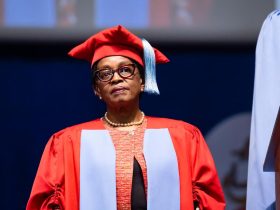





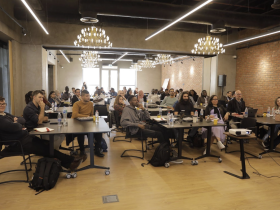


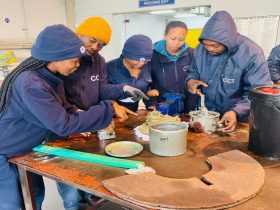








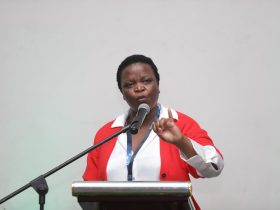

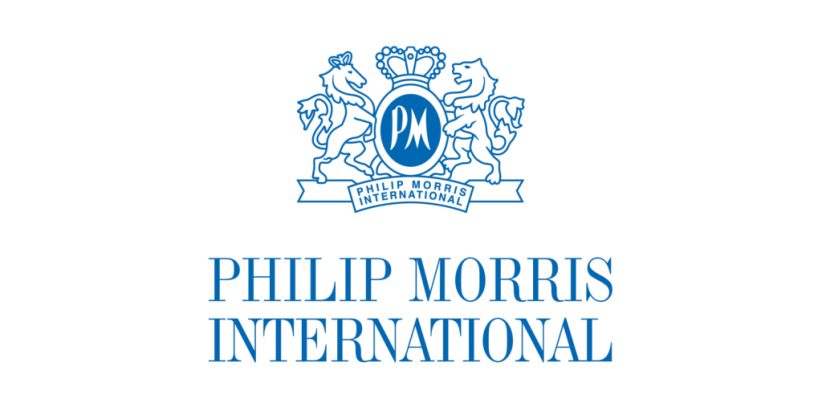


Leave a Reply